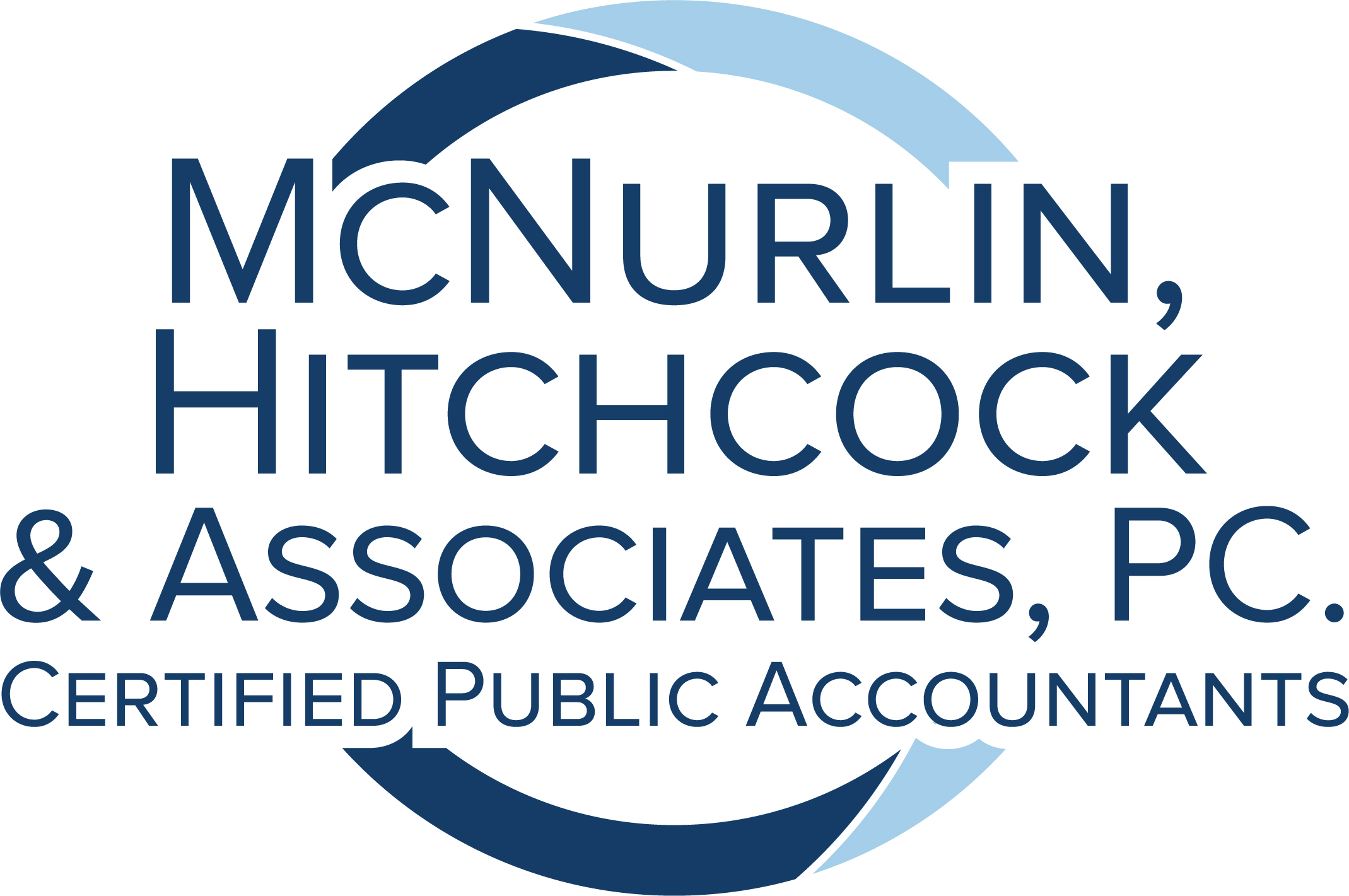To our Valued MHA Clients and Friends:
Good morning to all of you! I am sending this on a Thursday because we wanted to let you know about a webinar which will be held tomorrow. The “Good Business Colorado” organization is hosting a webinar at 9 am MST tomorrow morning to help provide tools to small businesses to help survive a cash flow crisis. To register for this webinar, called “Extending Your Runway” please follow this link: https://www.eventbrite.com/e/103471253304
We also wanted to let you know that the American Institute of Certified Public Accountants (“AICPA”) has prepared a Forgiveness Tool for the Paycheck Protection Program. This tool is for businesses who received a Paycheck Protection Program (PPP) loan to provide steps for maximum loan forgiveness at the end of the 8-week covered period. There are many power point presentations and various sources of data available, however, this seems to be the most clear and concise information that we’ve seen to date. Follow the link below to read more, and please do not hesitate to reach out if you would like assistance from any of our service providers with your budgeting process. https://www.aicpa.org/content/dam/aicpa/interestareas/privatecompaniespracticesection/qualityservicesdelivery/ussba/downloadabledocuments/coronavirus-ppp-loan-forgiveness-calculation-steps.pdf
Last week, we took a deeper dive into some of the CARES Act provisions, and one caught the attention of many clients. This provision added “eligible student loan repayments made before January 1, 2021” as a qualified education payment. Eligible student loan repayments are payments by the employer, whether paid to the employee or a lender, of principle or interest on any qualified higher education loan as defined in Code Sec. 221(d)(1) for the education of the employee (but not of a spouse or dependent). To prevent a double benefit, the student loan interest can’t also be deducted by the employee on their 2020 tax filing. Employer contributions toward principal or interest on an employee’s qualifying student loan of up to $5,250 per year are tax-free – for both employer for payroll purposes and the employee for income tax purposes – when these contributions are made any time after March 27, 2020, through December 31, 2020. There is a great deal of potential benefit for employers and employees.
I read today that Colorado unemployment now has a “call back” feature. Fill out this form and (hopefully) receive a call back so you don’t have to call them over and over. https://docs.google.com/forms/d/e/1FAIpQLScOhXgaaMc_d1t1NDlQoVTH76T-b34VP3axq2O_zyb6ABOH0A/viewform
Today is also the last day to enroll in health insurance through Connect for Health Colorado during their special enrollment period. This is for Coloradans who are currently uninsured, recently lost coverage, or are about to lose coverage due to COVID-19. If this applies to you, visit https://connectforhealthco.com/ for more information.
Please continue to reach out with questions. Dave Reed and I talk every day about the various provisions in the stimulus bills and we continue to look for ways to get our knowledge out to you.
Take care and stay strong,
Kim Hitchcock
Certified Public Accountant

